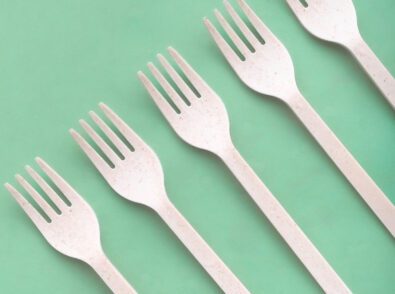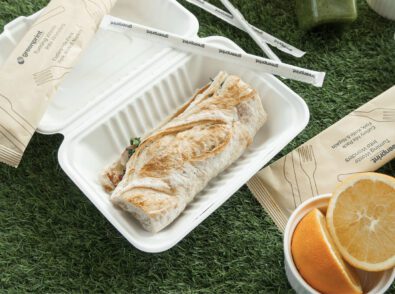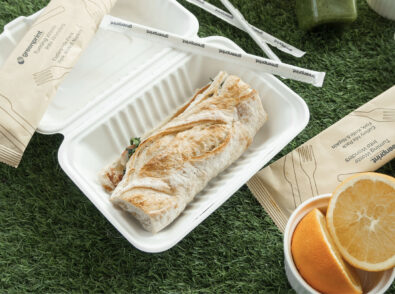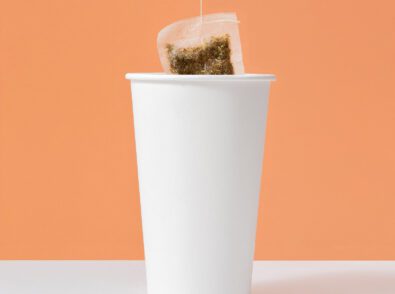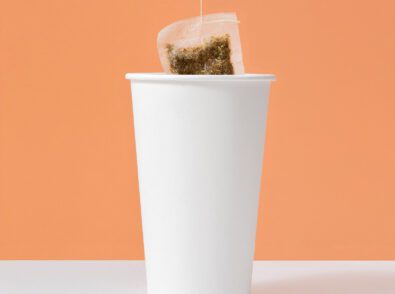Jacksonville, Florida, Plastic Regulations
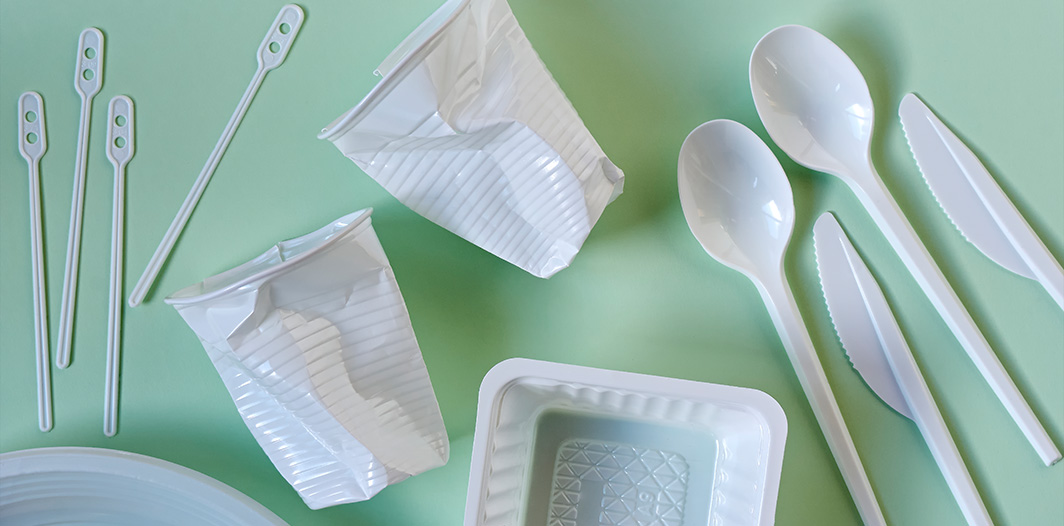
Jacksonville is a water wonderland. The city has the longest shoreline in the state, and the St. Johns River, the longest river in Florida, runs through it and flows into the Atlantic Ocean. Jacksonville also has the largest urban park system in the country.
Like many other cities, Jacksonville struggles with plastic pollution. Learn more about Jacksonville’s plastic regulations and initiatives to keep plastic out of rivers, the ocean, and the land.
What to Know About Plastic Bans in Jacksonville, Florida
Here is some essential information about single-use plastics and how they’re regulated.
- The State of Florida does not allow local single-use plastic bans.
- There is currently no Jacksonville plastic ban.
- People in the Sunshine State think regulations on single-use plastics are necessary.
- Only a tiny amount of the state’s single-use carryout packaging gets recycled. Most of it is landfilled or burned at waste-to-energy facilities.
- Cleanup groups like the Great American Cleanup and the International Coastal Cleanup collect hundreds of thousands of pounds of single-use plastics throughout Florida every year.
The Perils of Single-Use Plastics
Single-use plastics, or disposable plastics, are goods that people use once. A lot of single-use plastics are made from low-density polyethylene (LDPE). This plastic is difficult to recycle, and many recycling programs do not accept LDPE. Examples of LDPE products include:
- Plastic bags
- Disposable cups and plates
- Food storage containers
Other single-use items that recycling programs usually don’t accept include plastic straws and Styrofoam products.
Single-use plastics are some of the most common items littering our environment. They pollute the natural world for an extended period, taking a long time to break down. Eventually, they become microplastics, infiltrating our food and water and even our blood. Microplastics pose serious health threats, including strokes, heart attacks, and death.
How Jacksonville, Florida, Addresses the Plastic Problem
There is currently no Jacksonville, Florida, plastic bag ban or other single-use plastic regulations. In fact, city councils in Florida may not implement any public plastic regulations, as state lawmakers passed a preemption bill in 2008 that forbids local governments from regulating the use of plastics.
Although there is no Jacksonville plastic legislation, the city helps keep plastic from littering the land, rivers, and ocean through recycling initiatives. The curbside recycling program collects plastics except for LDPE, which includes items like plastic bags. The program also doesn’t collect Styrofoam items like carryout containers and cups. Instead of placing plastic bags in recycling bins, citizens can take them to store drop-off locations like Walmart and Target.
Jacksonville furthermore ran a “Feet on the Street” Cart-Tagging Campaign, in which a team of community-based observers examined citizens’ recycling carts and gave them personalized feedback on improving their recycling initiatives. This campaign minimized the risk of non-recyclable items ending up in recycling bins and helped streamline the recycling process.
Community Initiatives
Plastic bags are the most common contaminant in Jacksonville recycling bins, and they’re littered throughout the state. Florida cleanup groups pick up hundreds of thousands of pounds of bags and other single-use plastic items yearly during park, waterway, and beach cleanups.
The people of Florida are keen on reducing their use of plastic. In fact, over 90% of Floridians believe governments should regulate single-use plastics. Businesses and individuals are joining groups like Plastic Free Florida to campaign for local plastic bans.
Reduce Your Use of Single-Use Plastics With Greenprint
Greenprint helps reduce the demand for single-use plastics by offering compostable products for the foodservice industry, including clamshells, cutlery, straws, and other foodware products. Browse our items or contact us online to find out more about our offerings.
References
- https://floridadep.gov/sites/default/files/FDEP%20Plastic%20Bag%20Report%20Final%20v4.pdf
- https://www.scientificamerican.com/article/microplastics-linked-to-heart-attack-stroke-and-death/
- https://www.jacksonville.gov/curbsiderecycling
- https://www.jacksonville.gov/welcome/news/do-not-recycle-plastic-bags-in-your-curbside-bin
- https://www.jacksonville.gov/welcome/news/city-the-recycling-partnership-launch-campaign-to#:~:text=The%20City%20of%20Jacksonville%20has,curbside%20recycling%20education%20and%20feedback.
- https://environmentamerica.org/florida/articles/new-florida-legislation-would-restrict-local-plastic-bag-bans/

